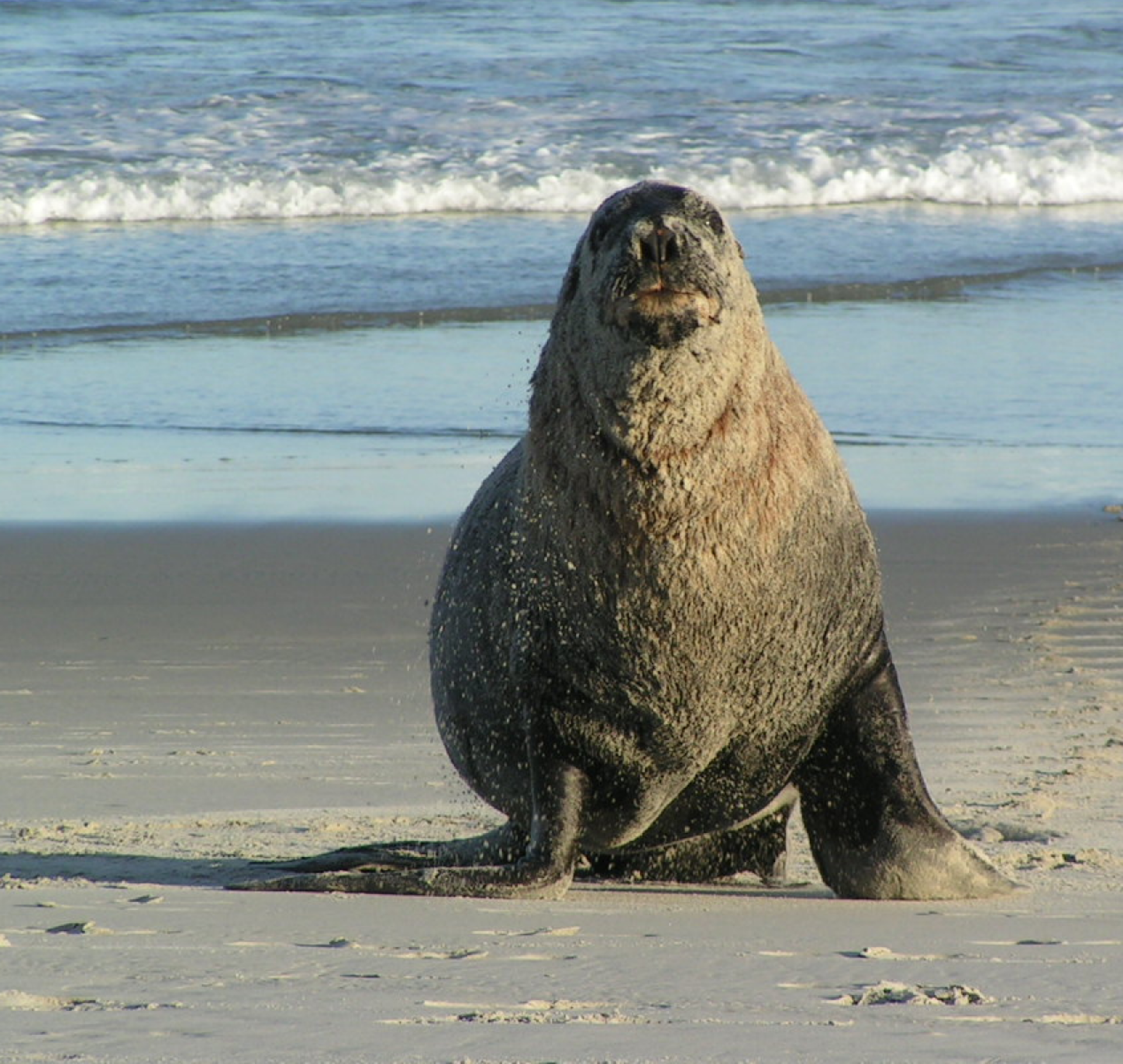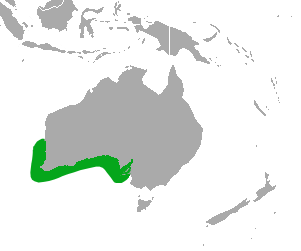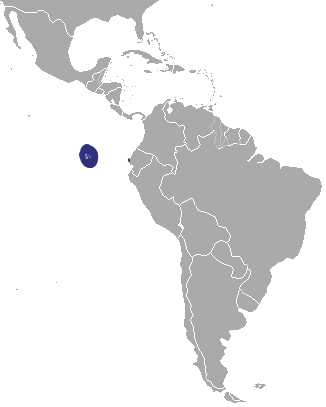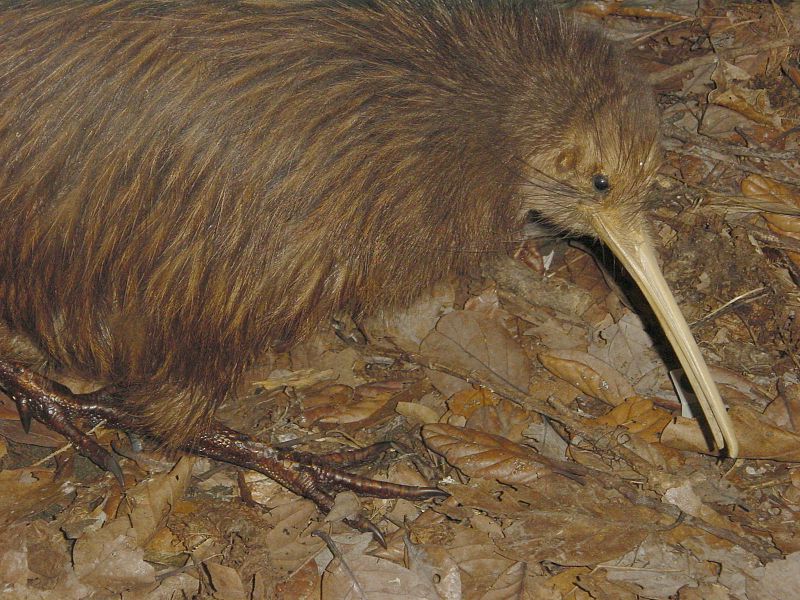
Sea-lions
There are 6 living species of sea-lion, and 1 extinct. As the interest in these species grows and the links become unwieldy i will split out the separate species, but for the time being I will just have one page for them all – help it to be necessary to split them as soon as possible.
Sea-lions are pinnipeds with external ear flaps, long fore-flippers, the ability to walk on all fours, short and thick hair, and a big chest and belly. The sea-lions the 6 living species shown below (the Japanese sea-lion is extinct) in five genera. Their range extends from the subarctic to tropical waters of the global ocean in both the Northern and Southern Hemispheres, with the notable exception of the northern Atlantic Ocean. They have an average lifespan of 20–30 years.[2] A male California sea-lion weighs on average about 300 kg (660 lb) and is about 2.4 m (8 ft) long, while the female sea-lion weighs 100 kg (220 lb) and is 1.8 m (6 ft) long. The largest sea-lions are Steller’s sea-lions, which can weigh 1,000 kg (2,200 lb) and grow to a length of 3.0 m (10 ft). Sea-lions consume large quantities of food at a time and are known to eat about 5–8% of their body weight (about 6.8–15.9 kg (15–35 lb)) at a single feeding. Sea-lions can move around 16 knots (30 km/h; 18 mph) in water and at their fastest they can reach a speed of about 30 knots (56 km/h; 35 mph).[3] Three species, the Australian sea-lion, the Galápagos sea-lion and the New Zealand sea-lion, are listed as endangered.
Steller Sea-lion are found on the land of North America and Asia that circle the north pole (map below, credit NOAA).

They are predated by killer whales, though sleeper sharks and great whites sometimes take young. They eat a variety of foods, include various fish species, as well as octopus and squid. They are fast swimmers, capable of diving to 1500feet, and staying under for 16 minutes
During breeding season, males fight to control a stretch of beach, and females move freely to the place they favour.
Status: population has fallen 70-80% since the 1970s and so are listed as endangered, around 46,000 individuals, though in recent years, the Eastern population has grown at around 3% a year (in 2013 this lead to its removal from the US endangered species list)
Australian Sea-lion is the only endemic pinniped found in Australia.
only endemic pinniped found in Australia.
They can make a variety of calls, with mothers and young able to pick up each others call in the chaos of a breeding beach. There are currently 66 recognized breeding beaches, though 42% of pups are bred on just 4 of these beaches.
While rare, a bite can require hospitalisation. In both the 1930s and 1960s they were recorded as feeding on little penguins, and this still happens today. Other food includes a variety of fish and even small sharks, in turn, they are hunted by great white sharks and killer whale (orca).
Population was 14370 in 2010 though by 2014 it had fallen to just 6500 mature individuals, though current estimates are 11,200 suggesting a rebound. Still it is clear that they need particular efforts for their conservation. Despite their (relatively) close ranges, the Australian and New Zealand sea-lions do not appear to be closely related. They are considered vulnerable.
California Sea-lion Are found on  the west coast of north America. On this map, the navy blue marks the breeding rance, while the light blue shows the total range that they can be found in. It should be noted, that previously the Japanese and Galapagos sealion were both considered subspecies of the Californian species, but no longer. They can stay healthy, for a time, in fresh water, and have been seen living for a while in Bonneville dam – 150 miles inland.
the west coast of north America. On this map, the navy blue marks the breeding rance, while the light blue shows the total range that they can be found in. It should be noted, that previously the Japanese and Galapagos sealion were both considered subspecies of the Californian species, but no longer. They can stay healthy, for a time, in fresh water, and have been seen living for a while in Bonneville dam – 150 miles inland.
They see (mostly in blue/green) and hear well, as well as being able to sense nearby, with their whiskers. They generally eat fish, squid and occasionally clams. They have been seen cooperating with other sealions, or indeed dolphins porpoises and sea-birds in their hunting techniques, though exploitation is also common.
There are 5 relatively distinct populations. Several sealions have reached Japanese waters in recent years, and this is the most likely origin, as such it could return to Japan on its own.
It is considered least concern with 238,000-241,000 individuals and increasing over time.
Galapagos Sea-lions Found  on all of the Galapagos Islands, as well as (in smaller numbers) on Isla de la Plata, which is just 40km from Puerto López a village in Ecuador. There have also been recorded sightings on the Isla del Coco which is 500km southwest of Costa Rica (and 750km from the Galapagos). These are not regular, and so have been considered vagrant. It is of course possible that historically they roamed here, but we cannot say.
on all of the Galapagos Islands, as well as (in smaller numbers) on Isla de la Plata, which is just 40km from Puerto López a village in Ecuador. There have also been recorded sightings on the Isla del Coco which is 500km southwest of Costa Rica (and 750km from the Galapagos). These are not regular, and so have been considered vagrant. It is of course possible that historically they roamed here, but we cannot say.
They are the smallest species of sea-lion, and can often be seen gliding through the water, or sunbathing on the beach. They measure 1.5m-2.5m and weigh between 50 and 400kg.
Much of their diet is made up of sardines. Interaction with humans is usually negative, and feral dogs often form packs, and can then attack the sealions.
The population tends to bounce between 20,000 and 50,000 and they are currently classed as endangered
New Zealand Sea-lion (formerly known as the Hooker sealion) is native to south island, though before 1500 it is thought that it was also found on north island. They tend to breed on Subarctic islands of Auckland and Campbell (99% of the pups are born in these islands). In 1993, sealions started breeding on South Island again for the first time in 150 years.
known as the Hooker sealion) is native to south island, though before 1500 it is thought that it was also found on north island. They tend to breed on Subarctic islands of Auckland and Campbell (99% of the pups are born in these islands). In 1993, sealions started breeding on South Island again for the first time in 150 years.
Genetic evidence suggests that until 1300-1500 there was a mainland subspecies, which was wiped out by the Mauri’s and has been replaced by members from the sub-Antarctic population.
As well as eating fish and crustations, they will take new Zealand fur seals as well. They are hunted by great white sharks, and in a survey 27% of adults had scars from near misses. While south American sealions are hunted by orca (with them famously beaching to catch them) they do not appear to do this around New Zealand. After the birth of their pup, females move inland as much as 2km to avoid males, storms and even parasites.
They are thought to number 12,000 making them the rarest sealion. They are also the most distinct being part of the Genus Phocarctos, and are listed as endangered.
South-American Sea-lion 
Also known as the Southern sealion or the Patagonian sealion. They have been recorded going as far north as Ecuador, though not yet breeding there. They eat fish, as well as squid and octopus, and have even been observed predating penguins, pelicans and South American fur seals.
Males set up territories, but after the arrival of females switch to protecting them. Having said this, one population in Peru have a different set-up where males perform, and females choose a mate, and are free to move freely. This may be in result to the warmer climate, which means the females make regular trips into the sea.
The total population is estimated at 265,000. They are declining in Patagonia (Argentina) and the Falklands but increasing in Chile and Uruguay. In the 2013 El nino many Peruvian sealions died. They are still regularly killed by fishermen, both for damaging equipment and stealing fish.
They are listed as least concern
As we gain contacts each picture above will become a link to a page for the specific species – for now, all species will be looked after by this page. If you are a wildlife guide or live nearby and want to be able to host (as a hotel or B&B or campsite) and would like to be listed do get in touch. Our aim, is to give people all the information and links on one page, so that they can book everything in one go – making it easy, and therefore more people undertaking these sort of trips.
Sea-lions can be specifically searched out, but it is also possible to have a surprise encounter with one.
One of my most memorable encounters with any wildlife, is an encounter with a New Zealand sealion. We had simply gone for a walk on the beach, and at some point, we saw the sea-lion coming out of the sea. This huge male slowly made its way towards us, and when about 10m away it lay down in the sand, threw sand all over itself and went to sleep.
To return to the Pinniped page click here












